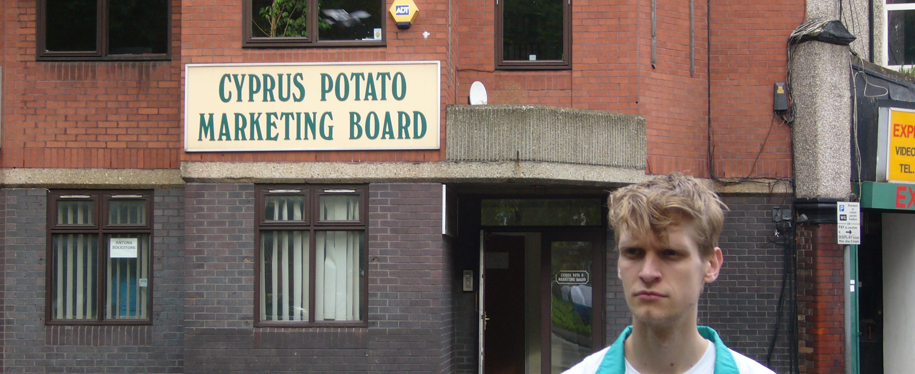Been watching bits of BSG at the UN
I think it's an appropriate time for me to start putting bits of my Dissertation online, so here's the bit about Star Trek: The Next Generation and Battlestar Galactica.
GROUPS
2001 and the Alien franchise depict deep-space as a context where the Overman may be attained, but Battlestar Galactica (BSG) and Star Trek: The Next Generation (TNG) also give us an analysis of the Nietzschean ideal by in stark contrast to each other and the aforementioned texts.
After the attack on BSG’s Twelve Colonies it is estimated that there are 47,973 survivors. This statistic is vitally important to understanding the whole premise of BSG and how the actions of the individual are the crux of the show. This number is not representative of humanity, it is humanity. These are the human race entire.
BSG can be seen as an alternative depiction of the present. Granted their technology is more advanced in creating robots and faster-than-light travel, but the characters still react to situations as we would now, their zeitgeist is our spirit. For clarity of what this means let us place it along side a similar reimagined series, Star Trek; The Next Generation. To a layman the two series may seem similar; “people in spaceships”, but in BSG the characters are forced into space after their homes have been destroyed. Next Generation has a much more pleasant back-story. After making first contact with alien life hundreds of years before, the world is now a utopian society; no wars, no religion, no money, people “invest in themselves”. The people of TNG are not us, they have got past the hang-ups of our time and explore space with a moral high-ground. It is often mentioned to other races, like the Ferengi, that “we were once like you”, in there love of making a profit. In BSG there is money, the black market, a seemingly stringent class system stemming from place of birth, terrorism, insurgency, civil war and election rigging. Captain Jean-Luc Picard of the Starship Enterprise is an Overman, he makes a great hero, but his character is to be aspired for. Admiral William Adama of the Battlestar Galactica lies to his crew and plots to assassinate a superior officer, and yet he is more or less taken to be a good-guy.
By placing the human race outside of its usual context but keeping the ‘old ways’, as it were, Ronald D. Moore (BSG’s creator) creates a platform for reassessing how we behave, what our drive is, and whether or not we are right to presume we are right. BSG does not come up with answers. One does not learn a lesson by the end of an episode, but instead is left with choices and decisions that are to be made.
I include these two shows to illustrate how two similar conceits for television programmes can vastly differ from each other when one set of characters have gone through this Nietzschean transition, and the other have not. It is what makes TNG a utopian life-affirming story and, by the same token, makes BSG a very depressing watch. The characters in BSG are the entirety of the human race, and therefore cannot use deep-space as an empty context, they merely bring their follies with them. With the narrative taking place in enclosed ships characters are forced into such close proximity to each other than the idea of the self is lost and subverted. The crew of the Enterprise do not need to sleep in barracks or suffer from sleep deprivation because they have already surpassed themselves.
R B Grange
08/04/2009
Subscribe to:
Post Comments (Atom)







No comments:
Post a Comment